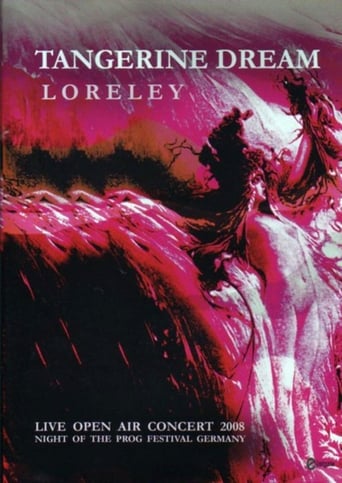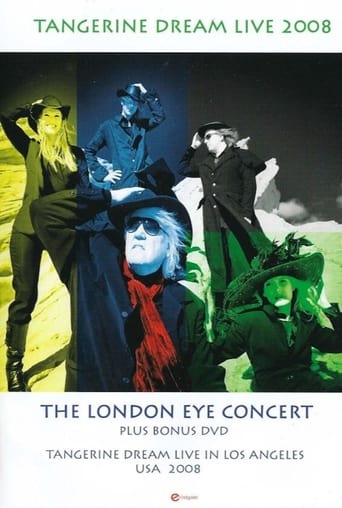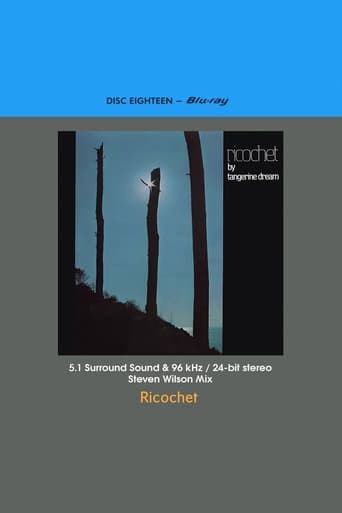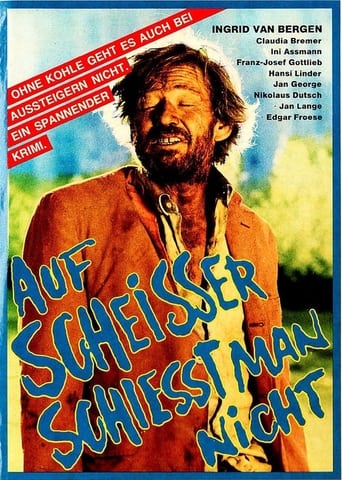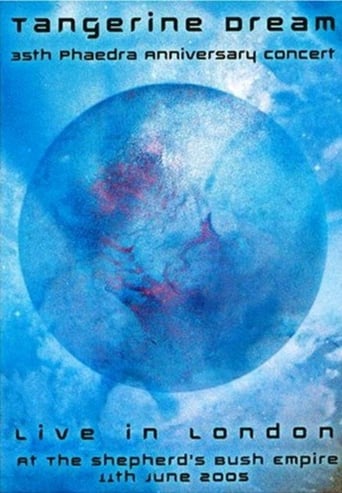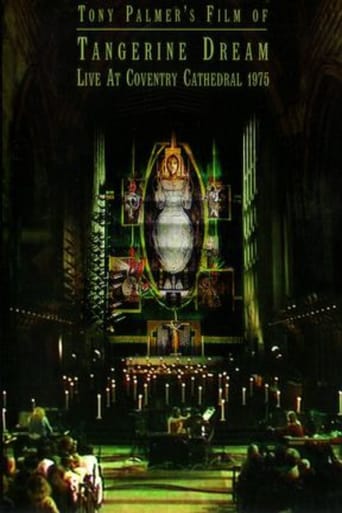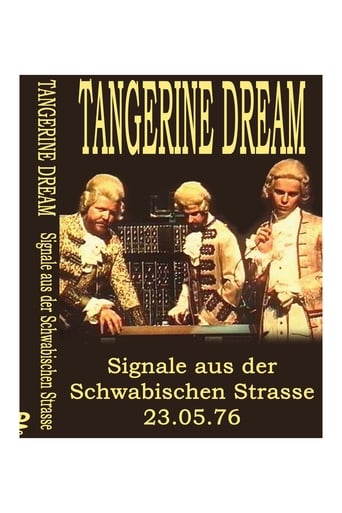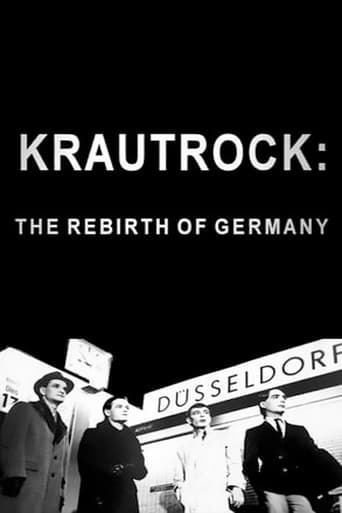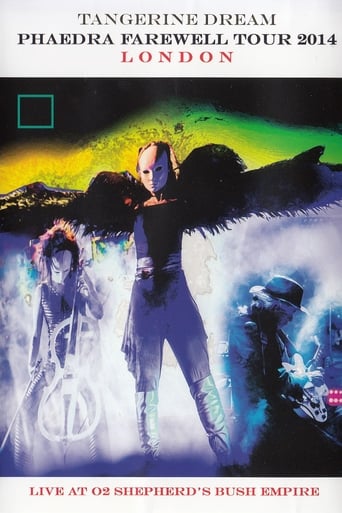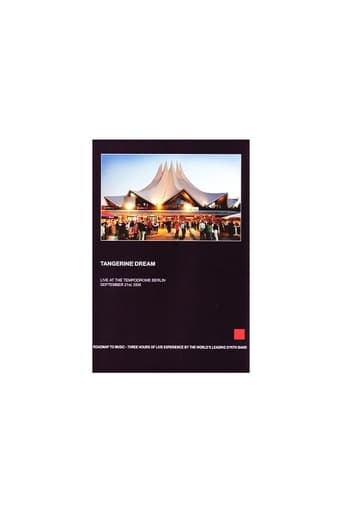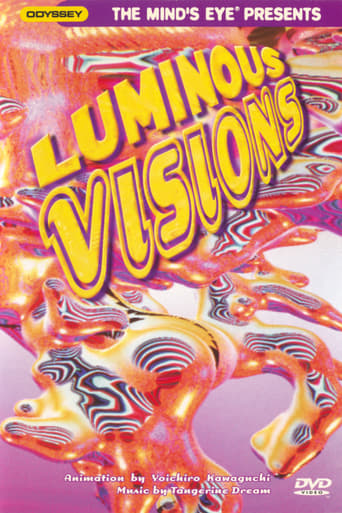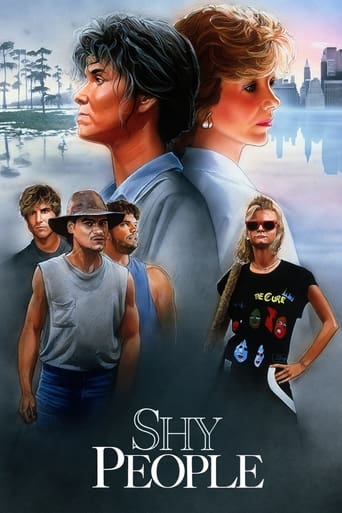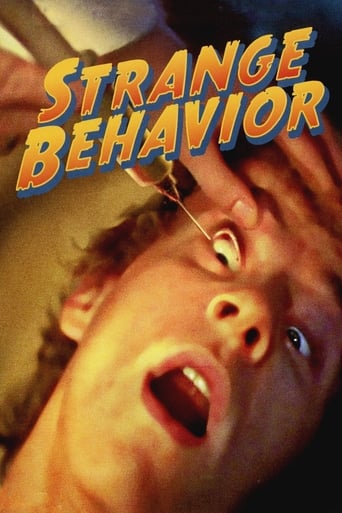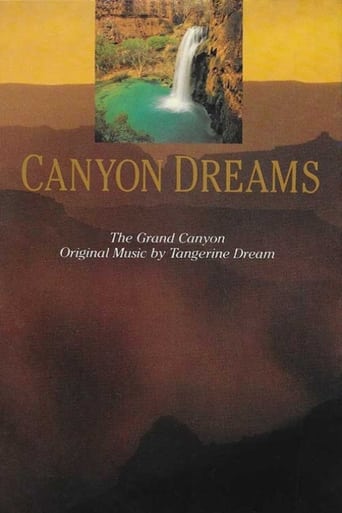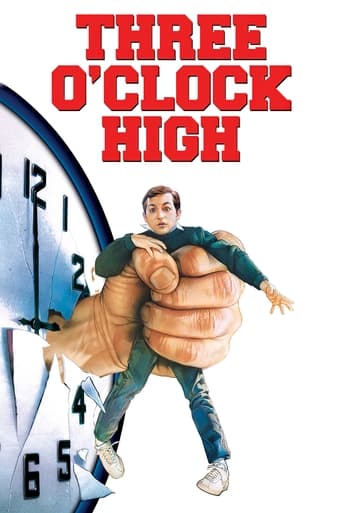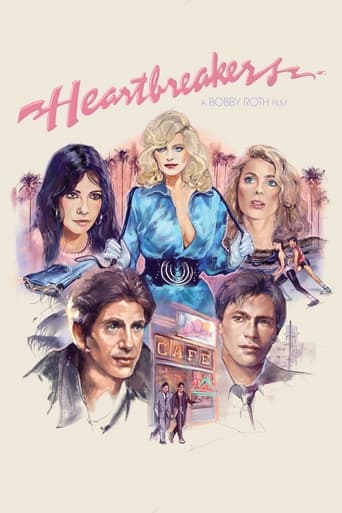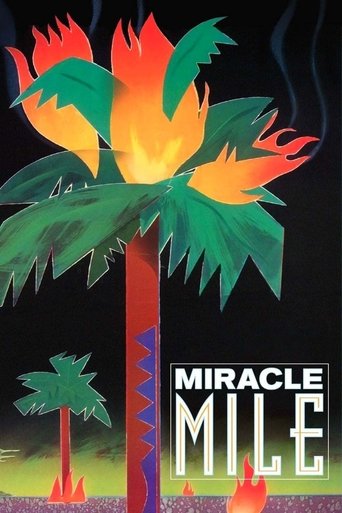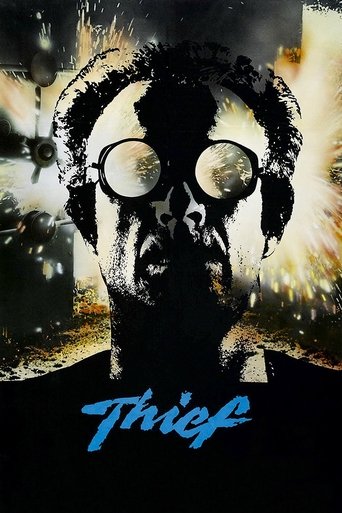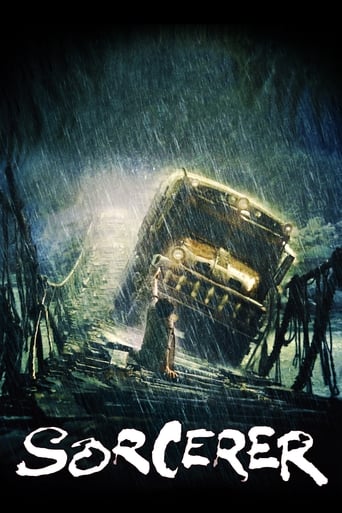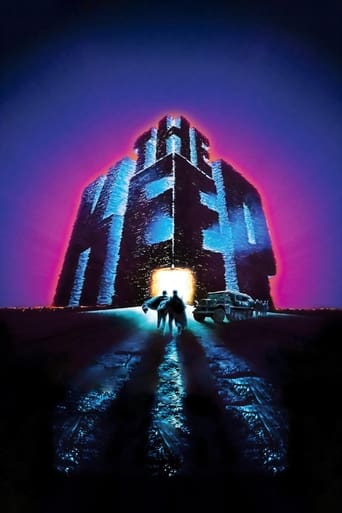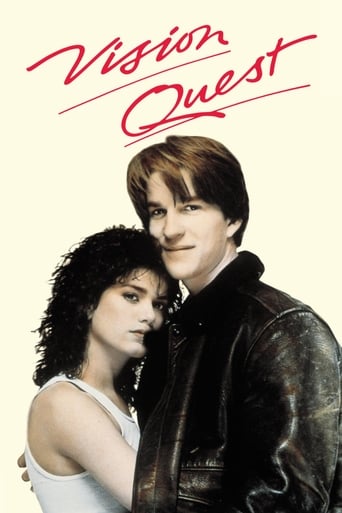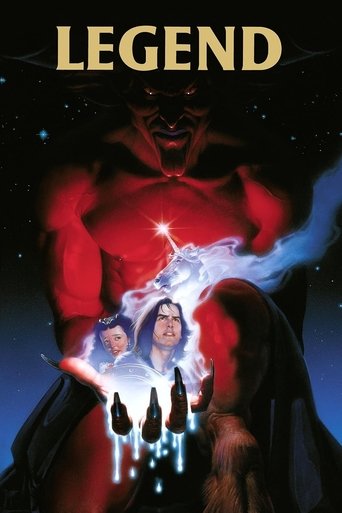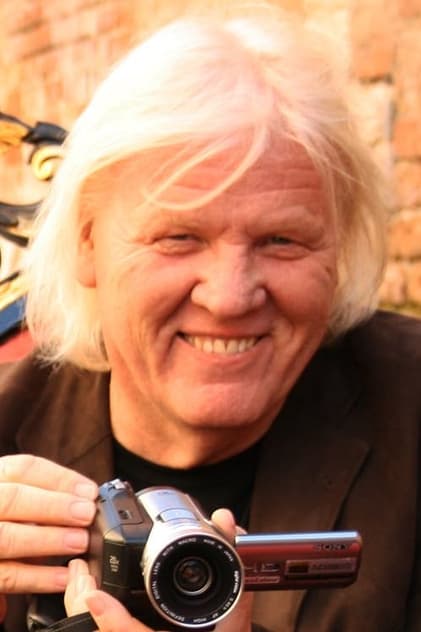
Edgar Froese
Edgar Willmar Froese (6 June 1944 – 20 January 2015) was a German musical artist and electronic music pioneer, best known for founding the electronic music group Tangerine Dream in 1967. Froese was the only continuous member of the group until his death. Although his solo and group recordings before 2003 name him "Edgar Froese", his later solo albums bear the name "Edgar W. Froese". Froese was born in Tilsit, East Prussia (now Sovetsk, Russia), on D-Day during World War II; members of his family, including his father, had been killed by the Nazis and after the war, his mother and surviving family settled in Berlin. He took piano lessons from the age of 12 and started playing guitar at 15. After showing an early aptitude for art, Froese enrolled at the Academy of the Arts in Berlin to study painting and sculpture. One of his most lucrative jobs was to design advertising posters for the Berlin buses. He started an evening degree in psychology and philosophy and received his doctorate on Kant's categorical imperative. Since his interpretation was not by the academic way of thinking, he left the college with the remark: "The dust of the universities is like a shroud over the truth." In 1965, he formed a band called The Ones, who played psychedelic rock, and some rock and R&B standards. While playing in Spain, The Ones were invited to perform at Salvador Dalí's villa in Cadaqués. Froese's encounter with Dalí was highly influential, inspiring him to pursue more experimental directions with his music. The Ones disbanded in 1967, having released only one single "Lady Greengrass" (b/w "Love of Mine") on Star-Club Records. After returning to Berlin, Froese began recruiting musicians for the free-rock band that would become Tangerine Dream.
- titulus: Edgar Froese
- popularis: 4.787
- notum enim: Acting
- dies natalis: 1944-06-06
- Locus Natus: Tilsit, East Prussia, Germany
- homepage: http://www.edgarfroese.com/
- Et ut: Tangerine Dream

